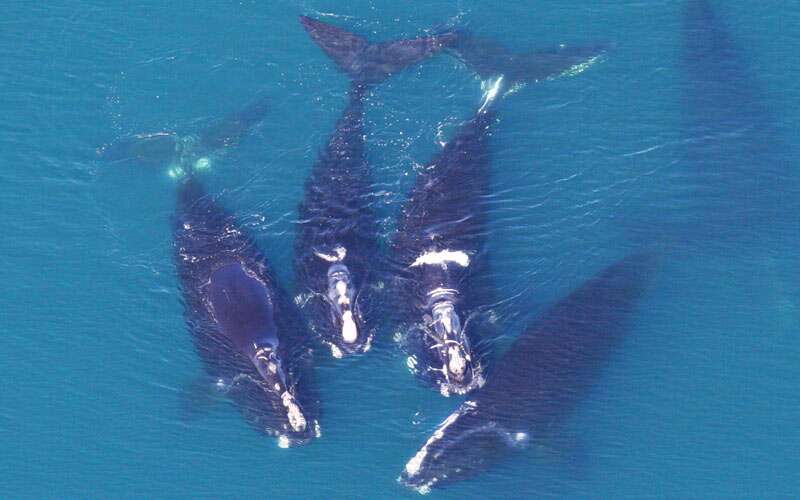
Processing Your Payment
Please do not leave this page until complete. This can take a few moments.
- News
-
Editions
-
- Lists
-
Viewpoints
-
Our Events
-
Event Info
- Women's Leadership Forum 2025
- On the Road with Mainebiz in Bethel
- Health Care Forum 2025
- On The Road with Mainebiz in Greenville
- On The Road with Mainebiz in Waterville
- Small Business Forum 2025
- Outstanding Women in Business Reception 2025
- On The Road with Mainebiz in Bath
- 60 Ideas in 60 Minutes Portland 2025
- 40 Under 40 Awards Reception 2025
- On The Road with Mainebiz in Lewiston / Auburn
- 60 Ideas in 60 Minutes Bangor 2025
Award Honorees
- 2025 Business Leaders of the Year
- 2024 Women to Watch Honorees
- 2024 Business Leaders of the Year
- 2023 NextUp: 40 Under 40 Honorees
- 2023 Women to Watch Honorees
- 2023 Business Leaders of the Year
- 2022 NextUp: 40 Under 40 Honorees
- 2022 Women to Watch Honorees
- 2022 Business Leaders of the Year
-
-
Calendar
-
Biz Marketplace
- News
-
Editions
View Digital Editions
Biweekly Issues
- April 21, 2025 Edition
- April 7, 2025
- March 24, 2025
- March 10, 2025
- Feb. 24, 2025
- Feb. 10, 2025
- + More
Special Editions
- Lists
- Viewpoints
-
Our Events
Event Info
- View all Events
- Women's Leadership Forum 2025
- On the Road with Mainebiz in Bethel
- Health Care Forum 2025
- On The Road with Mainebiz in Greenville
- On The Road with Mainebiz in Waterville
- + More
Award Honorees
- 2025 Business Leaders of the Year
- 2024 Women to Watch Honorees
- 2024 Business Leaders of the Year
- 2023 NextUp: 40 Under 40 Honorees
- 2023 Women to Watch Honorees
- 2023 Business Leaders of the Year
- + More
- 2022 NextUp: 40 Under 40 Honorees
- 2022 Women to Watch Honorees
- 2022 Business Leaders of the Year
- Nomination Forms
- Calendar
- Biz Marketplace
Despite setback in court, lobstering trade group launches $10M campaign to fight regulations
A clash of titans played out Tuesday in the latest round of actions by the nation’s largest lobster fishery and the federal government.
The Maine Lobstermen’s Association announced the launch of a three-year, $10 million fundraising campaign to fight what the group says are onerous federal regulations threatening the future of the industry.
The announcement came just hours before the 1st U.S. Circuit Court of Appeals in Boston reinstated a seasonal prohibition on lobster fishing in an area roughly 30 nautical miles off the coast of Maine.
The developments both stem from a plan, issued by the National Marine Fisheries Service on Aug. 31, that aims to protect the endangered North Atlantic right whale by creating new requirements affecting Maine lobstermen. The plan includes mandates for additional gear marking and gear modification, as well as a seasonal ban on lobster fishing with buoy lines across a large swath of the Gulf of Maine.
Industry campaign
The Maine Lobstermen’s Association’s announcement came during a news conference on Widgery Wharf in Portland.
The goal was to call attention to what the association says are disastrous implications of the 10-year plan by the Fisheries Service, and which will eventually require the Maine lobster fishery to reduce risk to right whales by 98%.
“It is unthinkable to imagine what would happen to our state and coastal communities if federal regulations force these boats off the water and end our lobstering heritage,” said Patrice McCarron, the association’s executive director.

Maine’s lobster industry directly supports more than 10,000 jobs and is worth roughly a half billion dollars at the dock each year, according to a news release. Collectively, the industry contributes $2 billion annually to the state’s economy.
The association said the fundraiser would go toward executing a number of actions.
They began in September, when the group filed a lawsuit against the federal government to stop the plan.
Additional actions include:
• Working with scientists with the goal of incorporating up-to-date data as the basis of any plan to save the right whale.
• Engaging with lobstermen to continue efforts to develop innovative gear that protects right whales while ensuring the continuation of the industry.
• Communing with the public to promote broader awareness of the issues.
As part of the campaign, the association established a website, SaveMaineLobstermen.org, which includes the proposed actions in greater detail, as well as opportunities to donate to the cause or get involved.
The association said the Fisheries Service’s 98% risk-reduction target is an unachievable goal, won’t save the right whales, and will decimate the industry.
“This is not a choice between saving the right whale or saving the Maine lobster industry. We can do both,” said Kristan Porter, a Cutler lobsterman and the association’s president.
“Lobstermen have been honest brokers and stepped up every time the federal government has required new whale conservation measures because we care deeply about the livelihood of our fishery and the whales.”
Restricted area
An October-through-January lobster fishing ban across 967 square miles of offshore waters in the Gulf of Maine was due to go into effect in October.
Then, with just two days to spare, the industry won an emergency motion to stop the closure, when U.S. District Judge Lance Walker issued a temporary restraining order blocking the ban.
But now the 1st Circuit Court has reinstated the closure, after an emergency motion was filed by environmental groups Center for Biological Diversity, Conservation Law Foundation and Defenders of Wildlife.

The Fisheries Service implemented the prohibition to protect North Atlantic right whales from entanglements in lobster gear.
The 1st Circuit Court ruling said that the lower court “misapprehended the record and overstepped its role in rejecting the judgment of the agency that Congress has charged with protecting endangered marine mammals.”
The ruling noted that “while there are serious stakes on both sides, Congress has placed its thumb on the scale for the whales.”
“Reducing entanglements by prohibiting fishing in this area is critical to ensuring the survival of right whales,” Erica Fuller, a senior attorney at Conservation Law Foundation, said in a separate news release.
“The First Circuit got it right: entanglements often can’t be traced, so where whales, lots of lines, and heavy fishing lines coincide, we need fishing restrictions now.”
The order means the closure will now go into effect as intended while the preliminary injunction appeal is heard by the appellate court.
The North Atlantic right whale population dropped to 336 individuals in 2020 — an 8% decline from 2019 and the lowest population number for the species in nearly 20 years.










0 Comments